Earthquakes occur without notice, especially in the earthquake capital of the U.S., California. Since you cannot predict when and where the next major earthquake will hit, you can only prepare in advance to survive it and minimize its impact. Preparing for an earthquake is not a difficult task. Read on for tips on how to organize simple resources to create a safety plan for you and your family.
1. Get Your Earthquake Go-bag
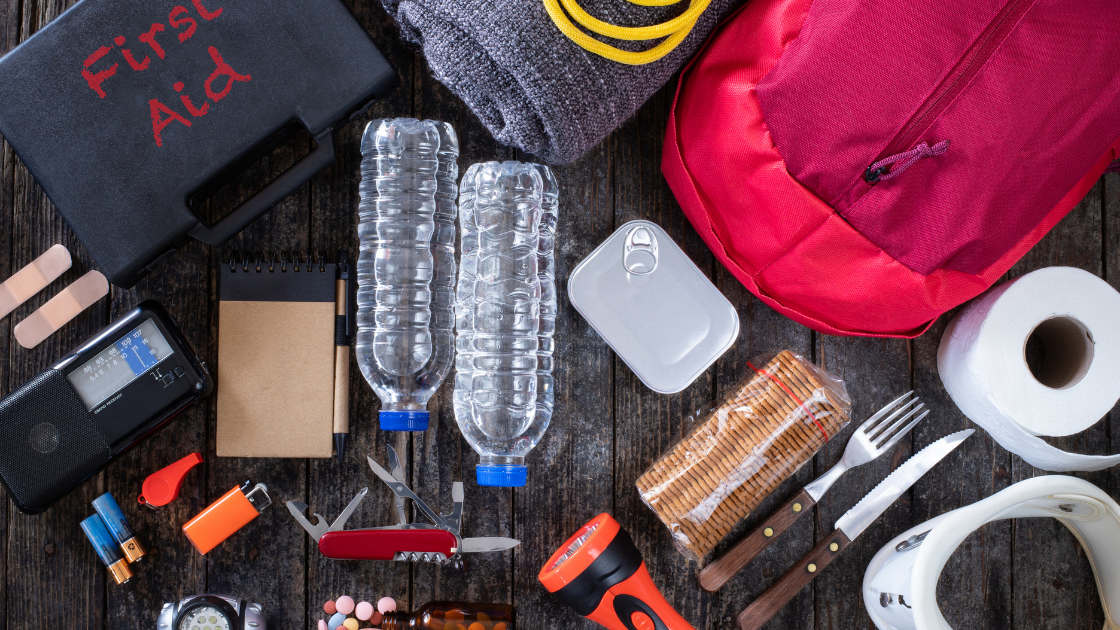
It’s possible to have inadequate access to water, food, electricity, or other essentials after an earthquake. Stock up on disaster supplies that will help you get through for up to 3 days. Store enough water, food, and a first aid kit and manual. Other necessities that may help after an earthquake include a flashlight, portable, battery-powered radio and extra batteries, cash and credit cards, and a tow or rescue rope.
Keep the emergency kit in a convenient place where you spend most of your time so that it is readily accessible in the event of an earthquake. Also, do not forget to change the water and food items in the kit every six months.
2. Know Your Local Emergency Numbers
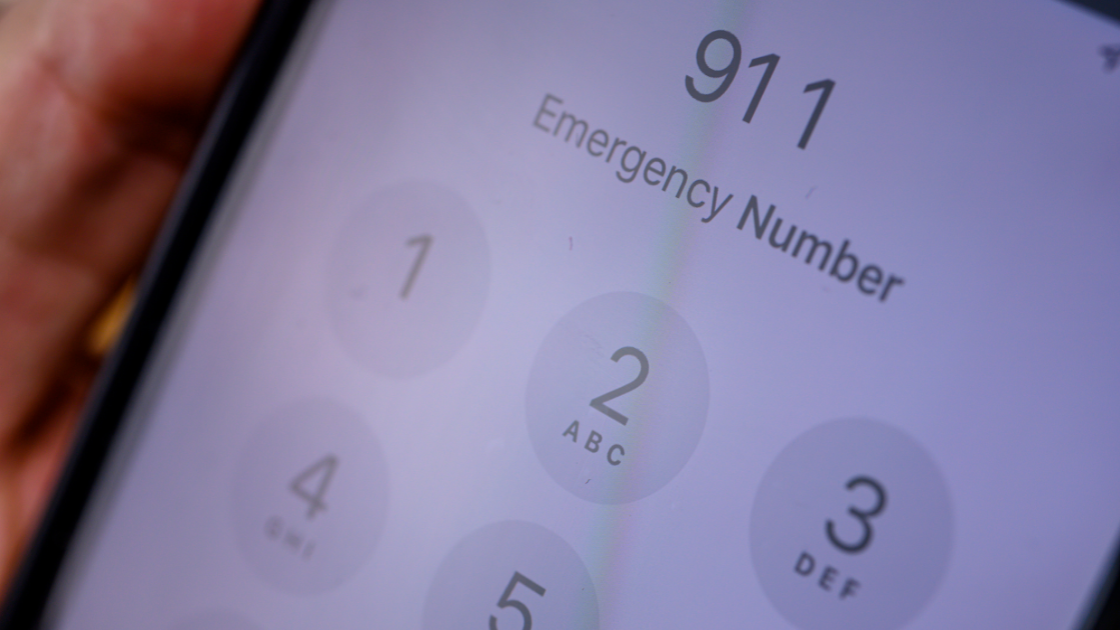
It is an excellent idea to develop an emergency communication plan. Teach your children how and when to call 9-1-1, police, or fire department and which radio station to tune to for emergency information. Make sure everyone in the family knows the personal phone numbers of a contact person who can also send help.
3. Secure Items That Can Tip in Your Home During an Earthquake

Most deaths and injuries result from heavy objects and collapsing building materials, such as cabinets and heating units. Before an earthquake, take measures to decrease your risk of damage and injury from an earthquake by identifying and securing the following possible home hazards:
- Breakable items such as bottled foods and glass should be stored in low, closed cabinets with latches.
- Items such as bookcases should be securely fastened down or attached to the wall.
- Hanging plants, paintings, or mirrors must be placed away from beds or sitting areas.
4. Educate Yourself and Your Family Members About Earthquakes
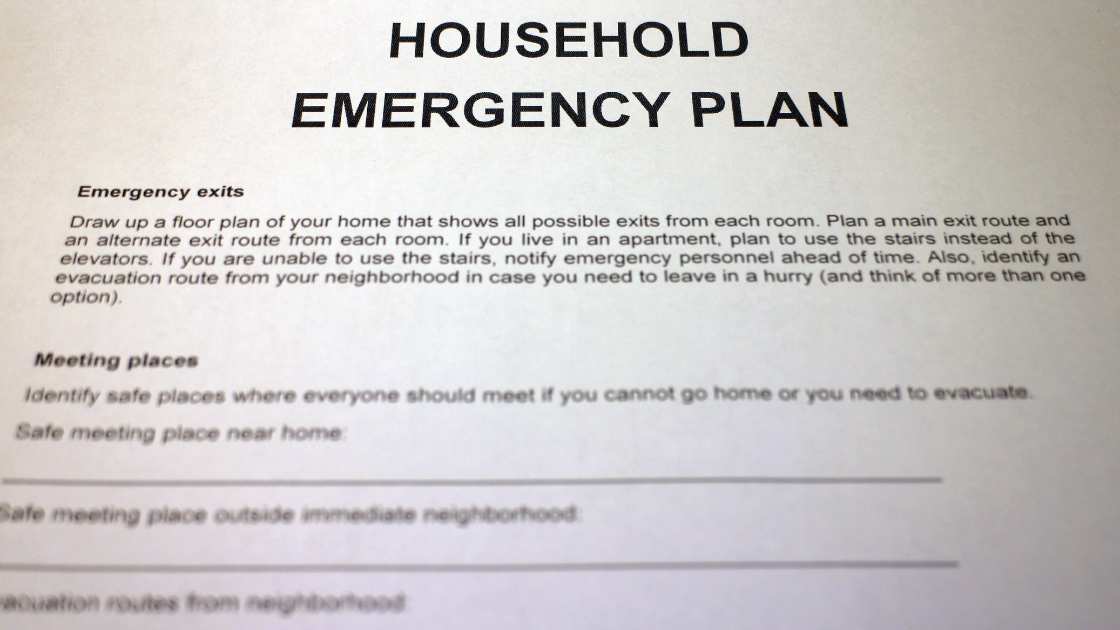
Inform yourself and your family about earthquakes through newspapers, television, radio, and the internet. You can also attend meetings and classes at fire stations to learn about safety precautions and lessons from past earthquakes. Learn skills for self-defense, rescue, first aid, emergency alerts, and evacuation. For more information on protecting your property from earthquakes, contact your local emergency management office or the American Red Cross chapter.
5. Practice Disaster Drills
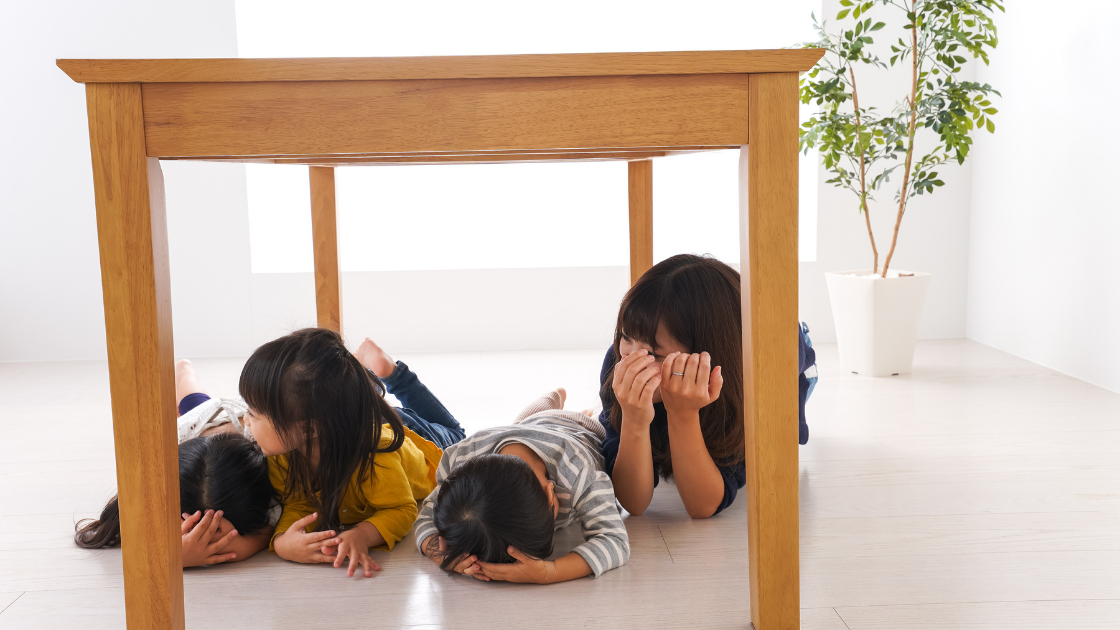
To train yourself for emergencies, get the entire family to practice an earthquake drill. Teach all family members how and when to turn off utilities such as gas, electricity, and water at the main switches or valves. Planning and practicing an earthquake drill will help you and your loved ones understand what to do if you are not with them when an earthquake strikes.
6. Minimize financial hardship by strengthening your property and considering insurance
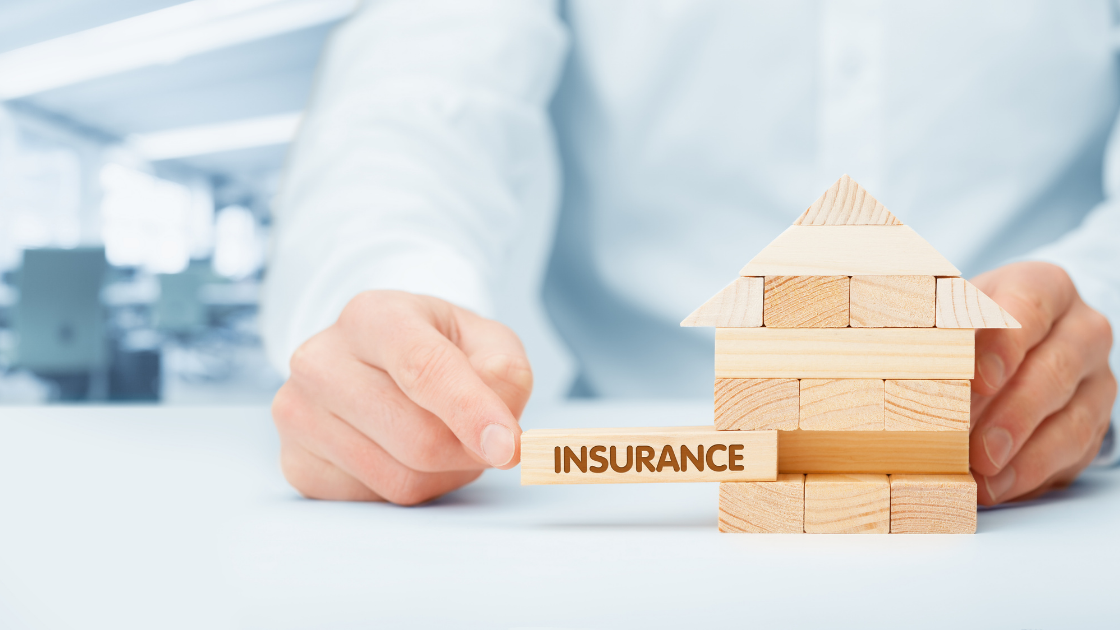
To fix potential structural defects in your home:
- Brace overhead light fixtures.
- Eliminate potential fire risks by repairing defective electrical wiring and leaky gas connections.
- Reinforce the ceiling surrounding the chimney to protect yourself from falling chimney bricks that might penetrate the roof.
Contact your city or county government office for information on structural safety standards and qualified contractors in your area. Additionally, to protect your home investment, consider high-quality earthquake insurance.
